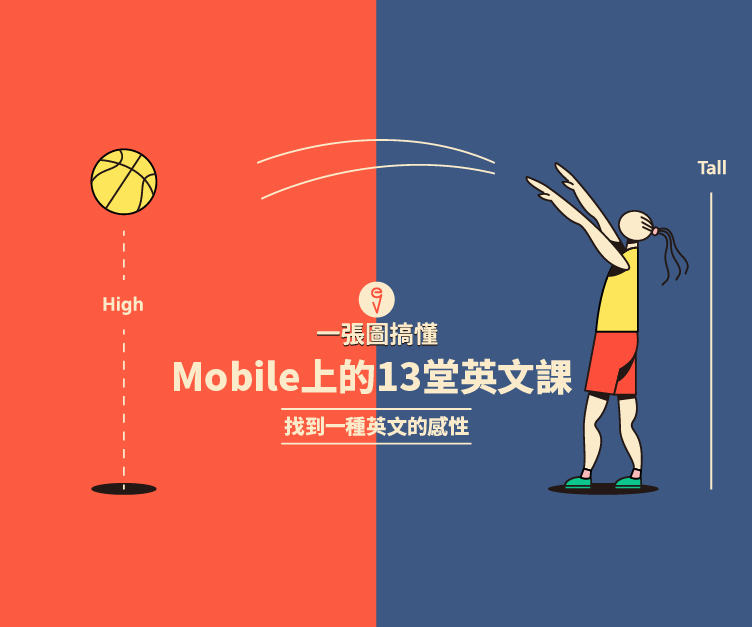提煉咖啡因的化學天才
0:07
The name Friedlieb Ferdinand Runge may not mean much to you, but chances are you owe him a huge debt. For it was he who first "discovered" caffeine. Today, Feb. 8, 2019, we celebrate what would have been his 225th birthday.
0:27
Runge expressed an interest in chemistry from an early age, and began conducting experiments as a teenager. Legend has it that during one of these experiments, Runge noted how belladonna (a poisonous plant sometimes called 'deadly nightshade'), induced a long-lasting dilation of the pupil of the eye.
0:48
A decade later, while studying under the chemist and inventor Johann Wolfgang Döbereiner at the University of Jena, Runge was asked to reproduce belladonna's effects as part of a demonstration for Döbereiner's friend, the writer and polymath Johann Wolfgang von Goethe.
1:08
Why Goethe then suggested Runge analyze the chemical makeup of some coffee beans he happened to have on his person is unclear. Runge dutifully studied the beans and later that year, he isolated the active ingredient we now call caffeine.
1:24
Runge earned his doctorate from the University of Berlin, and went on to teach at the University of Breslau until 1831, when he left academia to take a position at a chemical company. During this time, he invented the first coal tar dye and a related process for dyeing clothes. He was also one of the first scientists to isolate quinine (a drug used to treat malaria), and he even devised a method for extracting sugar from beet juice. On top of that, he also invented paper chromatography, a method for separating chemicals that is widely used in teaching labs.
Vocabulary
Conducting (v.)
to organize and perform a particular activity.
Legend has it (phrase)
this is a rumor that people believe according to an established legend (an old story passed down through generations).
Induced (adv.)
caused; caused by something.
Polymath (n.)
a person who knows a lot about many different subjects (math, science, biology, etc.).
Dutifully (adj.)
doing everything that you should do.
Academia (n.)
the part of society, especially universities, that is connected with studying and thinking, or the activity or job of studying.
導讀人:Nick Edwards
來自美國,具企管與金融專業的Nick用心傾聽,擅長多益與商業書信的教學。
收錄於英語島 2019年3月號
訂閱雜誌
